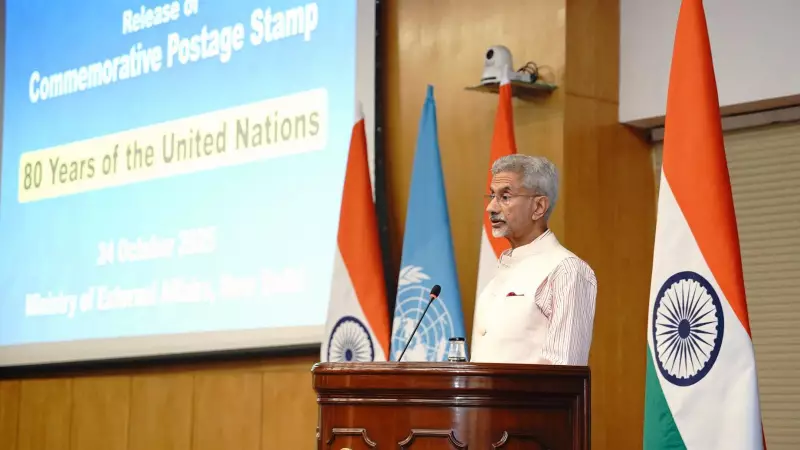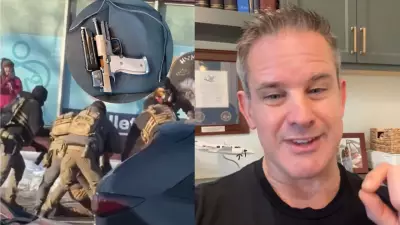
In a powerful address that resonated through diplomatic circles, External Affairs Minister Dr. S. Jaishankar delivered a scathing critique of the United Nations, labeling the global body as "visibly gridlocked" and failing in its fundamental duties. The minister's sharp remarks came during a pointed discussion on international security challenges.
Pakistan's Troubling Protection of Terror Networks
Dr. Jaishankar specifically called out Pakistan for its continued shielding of terrorist organizations, including the notorious Jaish-e-Mohammed (JeM). This Pakistan-based terror outfit has been directly linked to the recent attack on innocent civilians in Pahalgam, Jammu and Kashmir.
The minister emphasized a disturbing pattern: "When it comes to proscribing some of these terrorists, the United Nations has not been able to do so because they can be protected by a particular country." This clear reference to Pakistan's obstructionist tactics highlights the challenges in global counter-terrorism efforts.
UN's Credibility Crisis Exposed
Dr. Jaishankar didn't mince words about the consequences of such gridlock. He stated that the UN's inability to act decisively against recognized terror groups raises serious questions about the organization's effectiveness and credibility in maintaining global peace and security.
"The United Nations responds to terrorism based on the consensus of its members," the minister noted, "but when you have a country that is determined to protect terrorists, to protect the Jaish-e-Mohammed, then this is the outcome."
India's Firm Stance on Cross-Border Terrorism
The strong statements reinforce India's consistent position on cross-border terrorism and its demand for concrete international action against terror safe havens. The Pahalgam attack serves as a grim reminder of the real-world consequences when terrorist organizations operate with impunity across borders.
This development comes at a crucial time when global security cooperation faces multiple challenges, and India continues to push for meaningful reform in international institutions to address contemporary security threats effectively.





